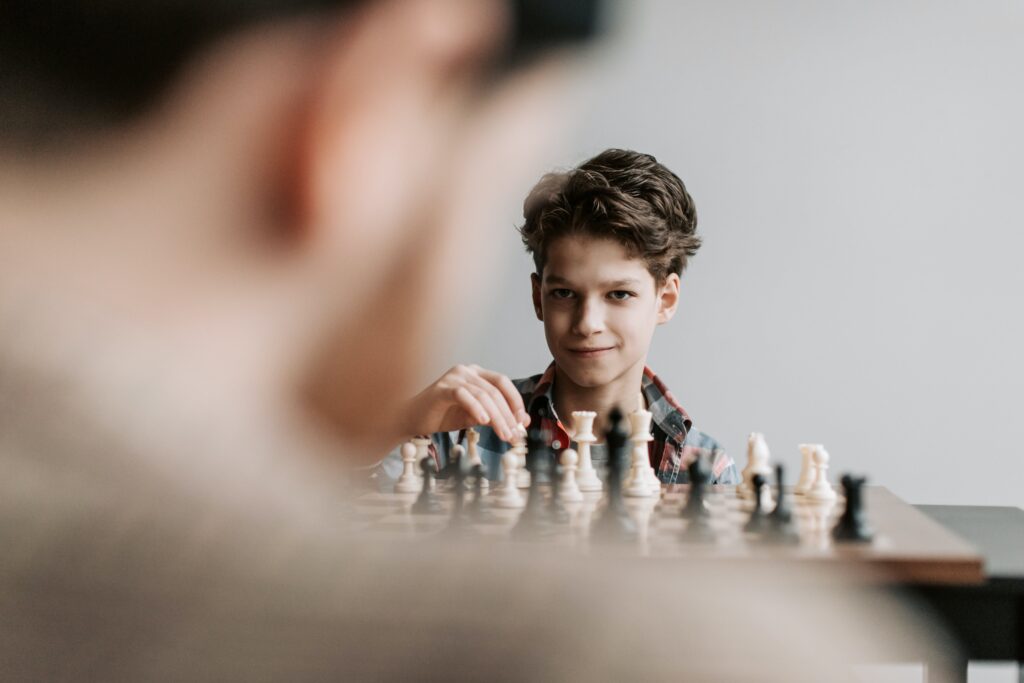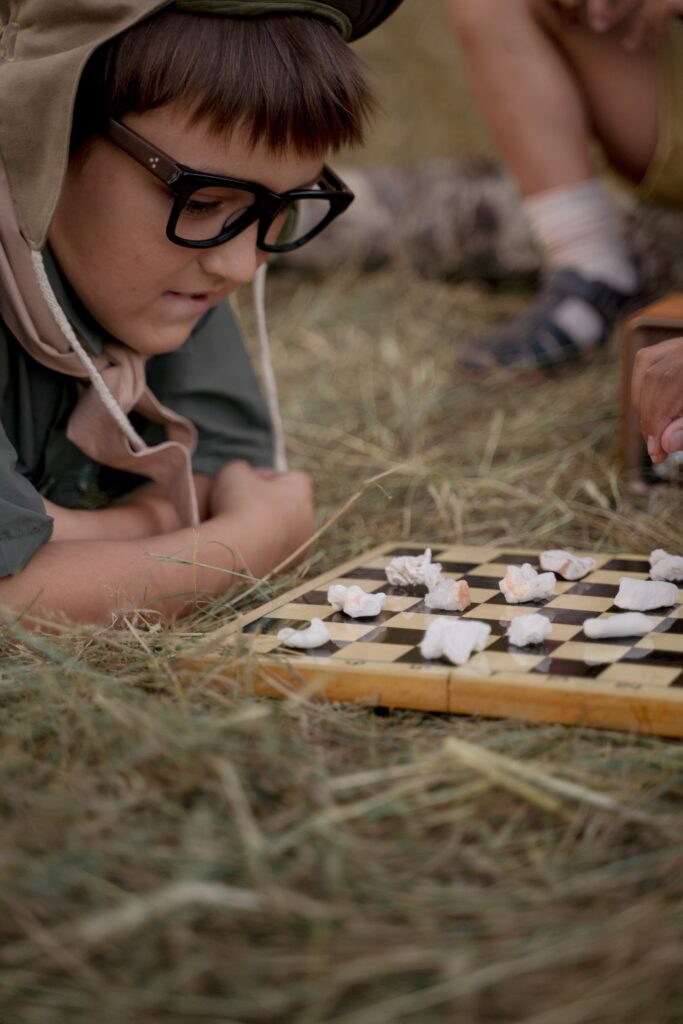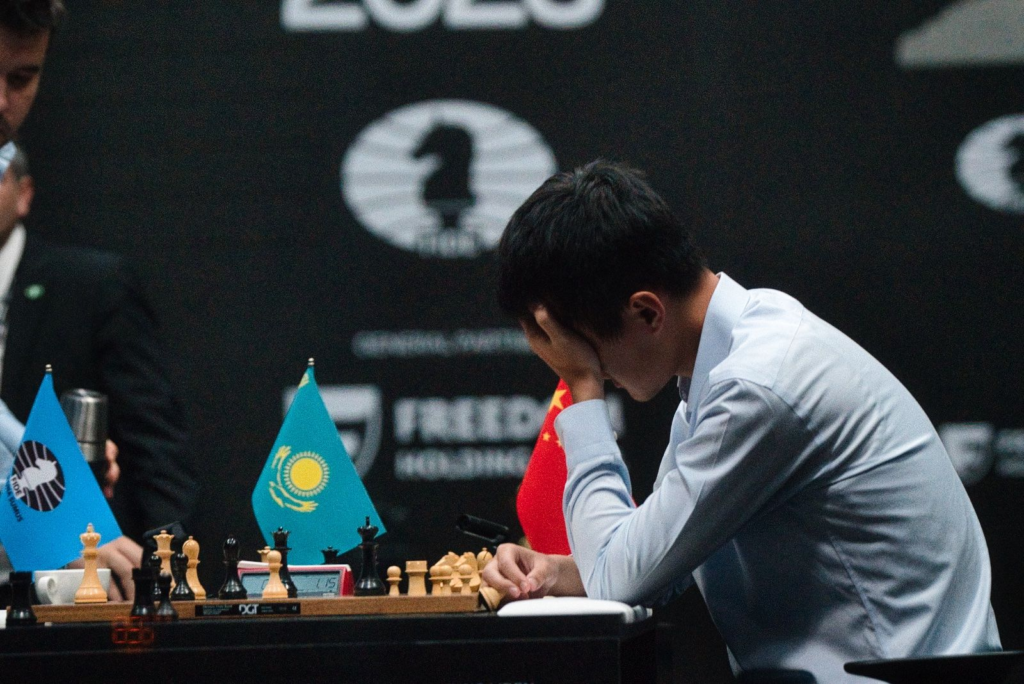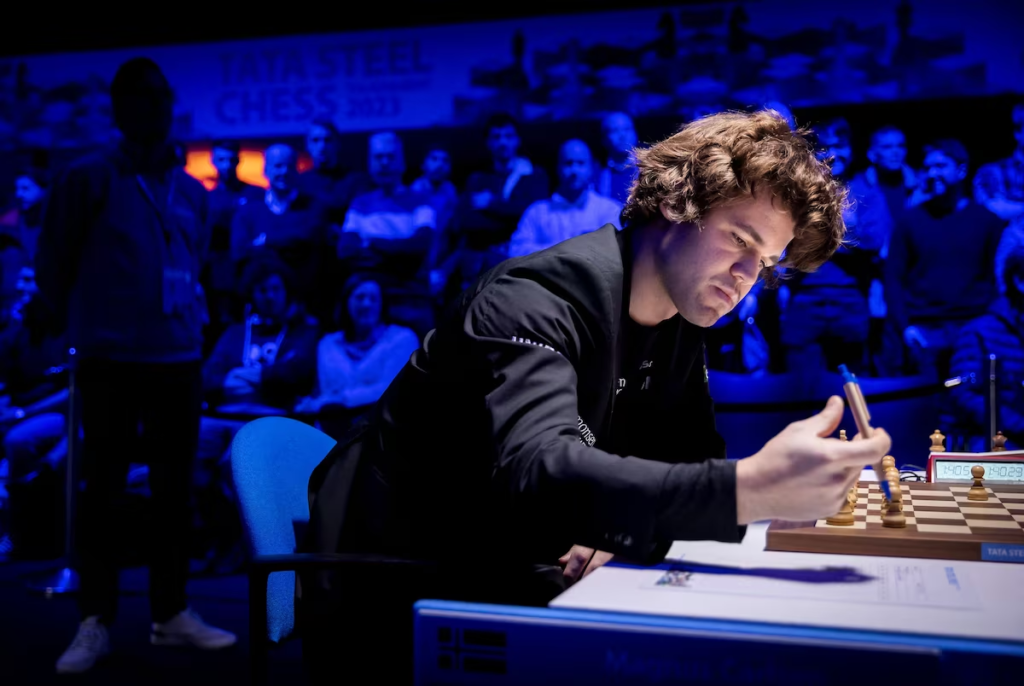
Introduction:
Welcome to Summit School of Chess, your go-to destination for a transformative chess education in the Great Denver Area. Immerse your child in the world of strategic thinking and critical skills development through our engaging chess programs. If you’re a parent, school administrator, librarian, or part of an organization in the Denver Area looking to enrich young minds, you’ve come to the right place!
Unlocking Potential Through Chess Education:
Chess is more than moving pieces on a board; it’s about honing skills that extend far beyond the chessboard. At Summit School of Chess, our carefully designed curriculum caters to students of all skill levels, from beginners to advanced players. Join us in unlocking the potential within every young mind through our comprehensive chess education programs.
Why Choose Summit School of Chess?
- Comprehensive Curriculum: Dive into a curriculum designed not just to teach the game’s rules but also to instill a love for strategic thinking, covering everything from basic moves to advanced tactics.
- Experienced Instructors: Our team of dedicated and experienced instructors, passionate about both chess and education, fosters a positive and encouraging learning environment.
- Flexible Programs: Whether you’re a parent seeking an after-school program, a school administrator integrating chess into the curriculum, or an organization hosting chess events, Summit School of Chess offers tailored programs to meet your needs.
- Proven Benefits: Numerous studies demonstrate chess’s positive impact on academic performance, concentration, and problem-solving skills. Partner with Summit School of Chess to invest in the holistic development of young minds.
How to Partner with Summit School of Chess:
Eager to collaborate with parents, schools, libraries, and organizations in the Denver Area? Here’s how you can get involved:
- Parents: Enroll your child in our chess programs and witness the transformative impact on their academic and personal development.
- Schools: Integrate chess into your school’s curriculum or offer it as an extracurricular activity. Our instructors can work with you to create a customized program aligned with your educational goals.
- Libraries: Host chess clubs or tournaments in your library to engage the community and provide a stimulating environment for learning.
- Organizations: Collaborate with us to organize chess events, workshops, or tournaments that promote the intellectual and social benefits of chess.

Conclusion:
Embark on a journey with Summit School of Chess to unlock the potential within every young mind. Inspire a love for learning, critical thinking, and strategic decision-making. Visit our website at www.summitschoolofchess.com to explore our programs and take the first step toward academic excellence through checkmate.
Outbound Links: For additional resources on the benefits of chess education, check out Chess.com’s article on learning how to play chess.
Internal Links: Explore our tailored chess programs designed for different skill levels.



















